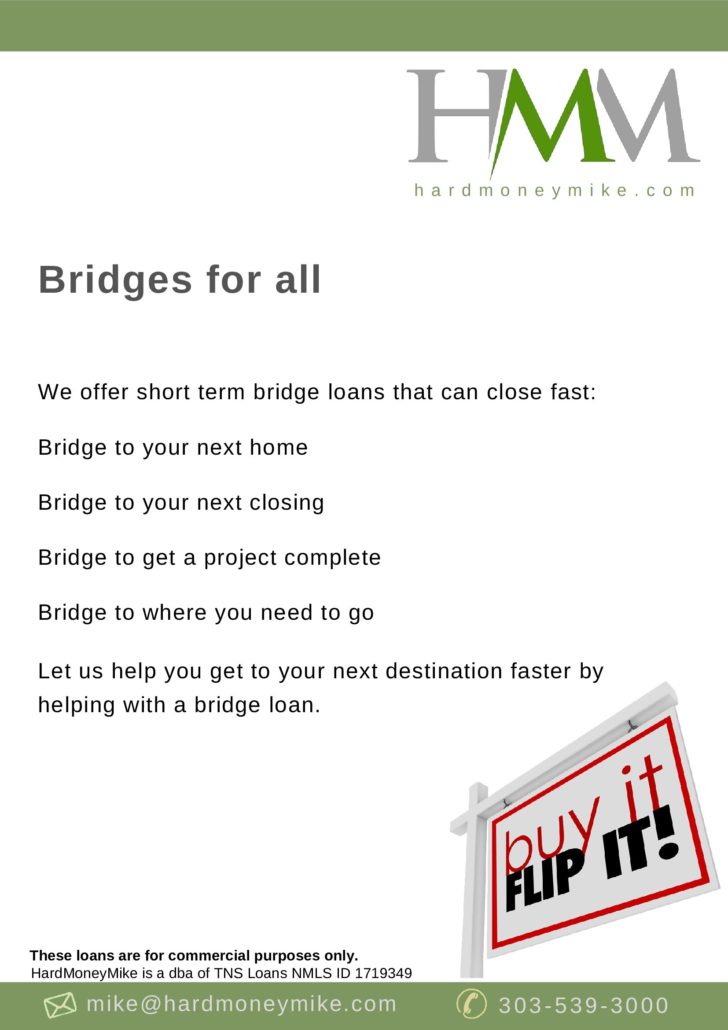Second Mortgage Loan Explained: Real Estate Investing Tips
How to use a second mortgage loan as a real estate investor (and where to get it!).
In real estate investing, you’re going to need some extra money every once in a while.
Getting a second mortgage on your investment properties can be a way to get this money.
Let’s go through what a second mortgage loan is, how you can use it, and why they’re an important tool.
What Is a Second Mortgage Loan?
Put simply, a second mortgage loan is a loan that’s put behind your first mortgage on your property.
If you have a mortgage and you have good equity (meaning you’re under 80% on the loan to value), you can look at a second mortgage.
Why is a second mortgage so powerful for a real estate investor?
It unlocks the equity that has you trapped.
When all of your money is tied up in your properties, second mortgage loans are a way to free it.
How Can a Real Estate Investor Use a Second Mortgage?
Once you free up your equity with a second mortgage, what can you do with it? Your second mortgages probably aren’t going to be a huge amount of money – not enough to buy an entire new property.
But here are a few common uses of a second mortgage:
- Finishing an over-budget flip.
- Upgrading a rental property for a new tenant, refinance, or sale.
- Using it as a bridge loan to buy your next project before your current one is finished.
- To pay down credit card balances to lower usage and raise their credit score for their next bank loan.
In any situation where you need quick cash for your business, second mortgages are a great option. They’re the perfect way to tap into the equity you already have to reinvest in your business.
How to Get a Second Mortgage
There are 3 main places you should look to get a second mortgage.
- Some local banks and credit unions offer HELOCs up to 65 or 70% on investor properties. So if you have a property that has that kind of equity, that’s your number one go-to source.
- Real, local hard money lenders like us who are flexible and understand real estate investing will offer second mortgage loans. We don’t fit loans into a small box – we’ll help you figure out whatever you need whether it’s a second, or even a third, mortgage.
- There’s something we call real private money. These are real people from your community who will lend you money. If they lend to you, they’ll get a better return on their money than they would in a bank, and typically a safer return than they’d get in other investments.
Help with a Second Mortgage Loan
If you want help finding the right way to tap into your equity, reach out at Info@HardMoneyMike.com. We’d be glad to help.
Wondering what other lending options you have out there as a real estate investor? Download this free resource to learn your options.
Happy Investing.











